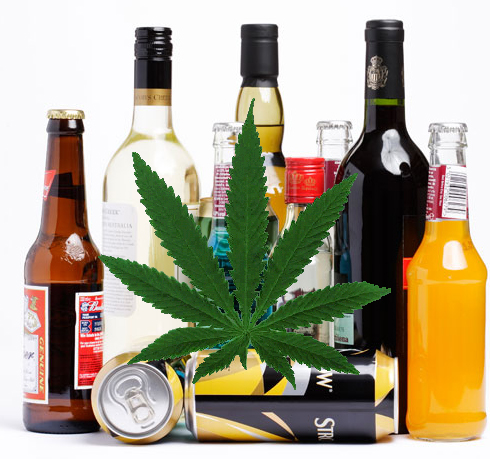Happy Thanksgiving! You're Tele-Fired
Submitted by Anne Landman on
 On November 30, employees at the world's fourth biggest drugmaker, Sanofi-Aventis, got an email from the company wishing them a happy Thanksgiving. It instructed them to check their email again starting at 5:00 AM on Tuesday, December 2. A sales representative who wishes to remain anonymous says she and her co-workers each got one of the two mass emails the company sent out on Tuesday morning. Both emails contained an 800-number, a code and a time to call, at either 8:00 or 8:30 AM that day. The employees who were instructed to call at the earlier time got an automated recording telling them that they were going to keep their jobs, but 1,700 employees who were told to call in at 8:30 AM got a voice telling them that they were laid off and should quit working immediately. The anonymous worker who got laid off said a representative from a third-party company hired by Sanofi-Aventis came by almost immediately after the call to repossess the company car she had been driving. She had sold her personal car just three months earlier because her manager had told her the company was in good financial shape.
On November 30, employees at the world's fourth biggest drugmaker, Sanofi-Aventis, got an email from the company wishing them a happy Thanksgiving. It instructed them to check their email again starting at 5:00 AM on Tuesday, December 2. A sales representative who wishes to remain anonymous says she and her co-workers each got one of the two mass emails the company sent out on Tuesday morning. Both emails contained an 800-number, a code and a time to call, at either 8:00 or 8:30 AM that day. The employees who were instructed to call at the earlier time got an automated recording telling them that they were going to keep their jobs, but 1,700 employees who were told to call in at 8:30 AM got a voice telling them that they were laid off and should quit working immediately. The anonymous worker who got laid off said a representative from a third-party company hired by Sanofi-Aventis came by almost immediately after the call to repossess the company car she had been driving. She had sold her personal car just three months earlier because her manager had told her the company was in good financial shape.

 The Monterey Herald accused The Daily Beast of shameless self-promotion after the news Web site posted
The Monterey Herald accused The Daily Beast of shameless self-promotion after the news Web site posted